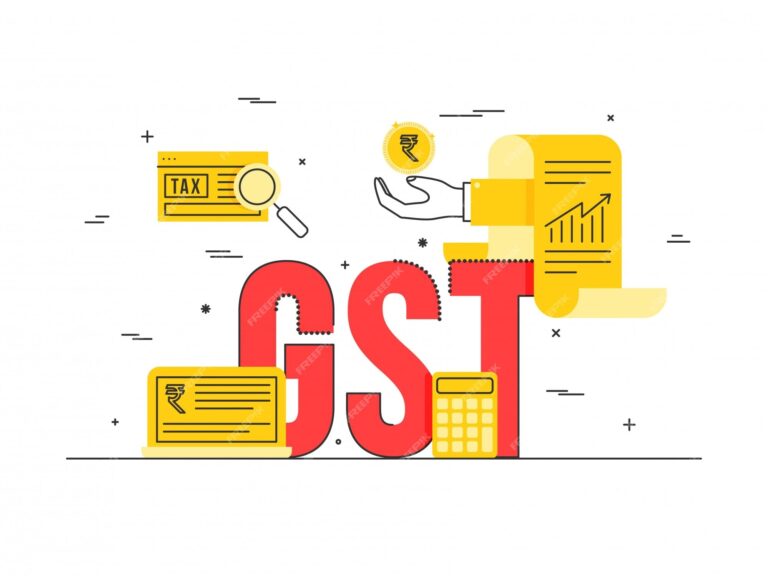8 Money Management Skills to Practice for a Strong Financial Foundation

Money Management We all want to feel good about our money and sleep better at night. A solid financial plan helps reduce daily stress over bills and expenses. When we learn to manage money well, our goals seem more tangible. Starting with basic money knowledge can open doors to a better future.
A good financial plan gives you control over your decisions in daily life. When you know where your money is going, you can make better spending decisions. Learning these skills will put you in control of your money story. If you have money knowledge, you can plan the fun things too.
Budget effectively For Money Management
Smart money management starts with keeping track of all incoming and outgoing money. Setting clear spending limits for different needs makes monthly planning much easier. The right budget leaves room for both needed expenses and fun expenses.
Modern tools have made budget tracking easier than ever. Free phone apps can track expenses and send helpful spending alerts. Weekly budget reviews help catch small problems before they become larger money problems. Tracking money regularly leads to better spending habits that last for years.
Building an emergency fund
Everyone needs a financial safety net for unexpected events and surprise expenses. Starting small with just £20 a week can help you build a strong emergency fund. Financial experts recommend saving enough money to last three to six months. This emergency money should remain in an easily accessible savings account.
An emergency fund provides peace of mind during difficult times and situations. If you set aside money from each paycheck, the fund will build steadily over time. High-yield savings accounts help emergency funds grow steadily while remaining secure. Special emergency savings options can help you avoid the need for a credit card in difficult times.
Set financial goals
Smart money planning starts with clear goals that are important both now and later. Short-term goals could include saving for a nice vacation or buying new technology. Long-term planning focuses on bigger dreams like buying a home or saving for retirement. Clarifying these goals will help make better money decisions each month.
Breaking big money goals into smaller monthly increments makes them feel possible. Every small money decision leads to you achieving your bigger dreams faster. Setting deadlines for money goals helps track progress and stay on track. Clear goals make purchasing decisions easier because every purchase is more important.
Reducing unnecessary expenses
Gaining control over spending starts with finding areas where money is being lost unnecessarily. Many people spend more than necessary on monthly subscriptions and dining out. Making lunch at home instead of buying groceries saves hundreds of pounds every month. Finding free local events offers fun without spending a lot of money.
Small changes in daily spending habits add up to big savings over time. Reviewing monthly statements will help identify areas where spending can be cut. Free activities like parks and community events offer great ways to have fun. Smart spending cuts feel good when the savings help achieve important goals.
Pay off debt strategically
Smart debt management starts with listing all debts and their interest rates. Credit cards often have the highest interest rates and should be paid off first. The snowball method means paying off small debts first to achieve quick motivational gains. The avalanche method involves tackling high-interest debt first to save more money overall.
You can also try to refinance your loan. You can go Loans such as monthly installment loans with no credit check in the UK if you don’t have a difficult request that will hurt your results even more. These loans are for longer periods of time and have better interest rates, so check them out. To receive favorable rates, you can provide proof of income.
You can make more than the minimum payments, which will help reduce debt much more quickly over time. Setting up automatic payments ensures that invoices are never lost or forgotten. Watching your debt numbers go down every month builds confidence in better money habits.
Investments for growth
If you start investing early, your money has more time to grow through compound interest. Starting with small monthly investments, you build wealth over many years. Different types of investments help spread risk across different market conditions. Mixing stocks and bonds creates a balanced approach to long-term growth.
Young investors can usually take more risks because time determines the ups and downs of the market. Monthly investing works better than trying to time perfect market moments. Reading basic investing books will help you make smarter decisions when it comes to growing your money. You can start small but steadily, which will bring better results than waiting for the perfect timing.
Understanding credit scores
A good credit rating opens doors to better conditions and later savings opportunities. Checking your credit reports once a year can help you quickly identify incorrect information. Paying bills on time has the biggest impact on the health of your credit score. Keeping credit card usage below 30 percent shows smart money management.
Many stores and banks check your creditworthiness before offering their best deals. Missing even a single payment can affect your credit score for many months. Rehabilitating your credit takes time, but offers better financing options later.
You can opt for Credit Builder Loans like unsecured loans for bad credit. Lenders will understand your situation and your need for good credit. Therefore, they could provide these loans at low interest rates without collateral.
Practice smart shopping
Smart shopping starts with research before spending any hard-earned money. Price comparison sites help you find the best deals on items you need. Waiting until the sales season saves you a lot of money on larger purchases. Creating shopping lists helps avoid extra spending on unplanned items.
Large stores often have sales cycles that repeat throughout the year. Taking time to think about purchases can help you avoid buying things you don’t need. Shopping with a clear budget makes it easier to say no to impulse purchases. Deal websites can notify shoppers when prices for items they’re looking for drop.
Diploma
Your money journey will become easier if you practice good habits every day. Small steps now lead to big changes in your attitude towards money. As you improve your financial knowledge, you will become calmer. When you take responsibility for your money, you can build the life you want.
Start your money journey today and watch things improve. Every small win leads to lasting financial peace over time. When you work on your money skills, you build confidence in yourself. Your future self will thank you for starting these good habits now.







